DEPARTMENTS

Administration – T’an alsusuti wesgowa’seg
The primary areas of responsibility include: the management of human resources and development of relevant policies; the
preparation and development of positions and responses to nitiatives undertaken by federal and provincial governments; coordination of advancement of issues to MTI’s Board of Directors.
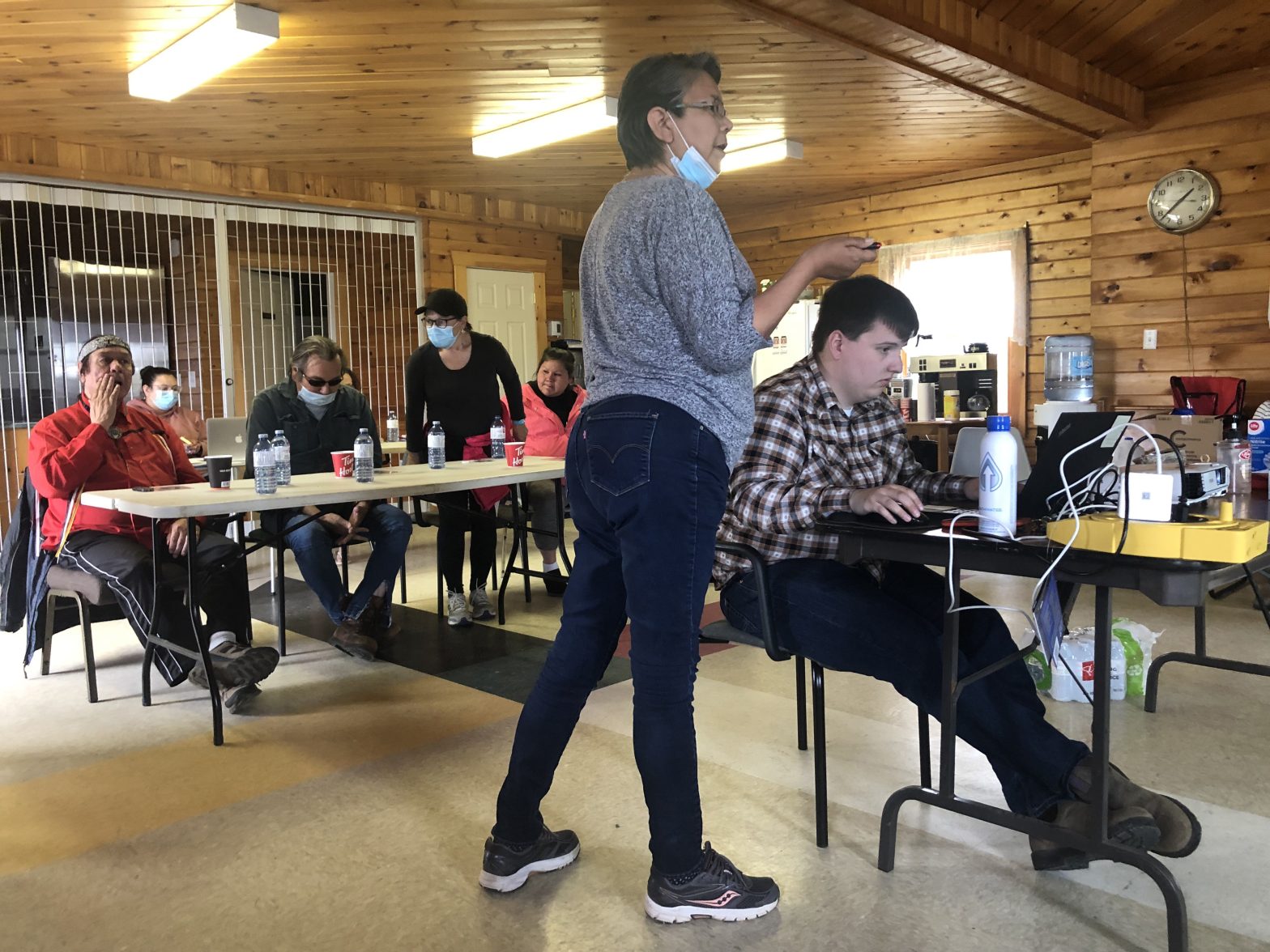
Community Liaisons – Mawqatmu’timg Asuwa’sit
The primary responsibility of Community Liaisons is to be the key contact between the organization and community members. They work to provide their communities with regular updates on projects that affect their communities in cooperation with MTI staff, consultants, and advisors. This is usually done through organizing workshops, meetings, and written updates.
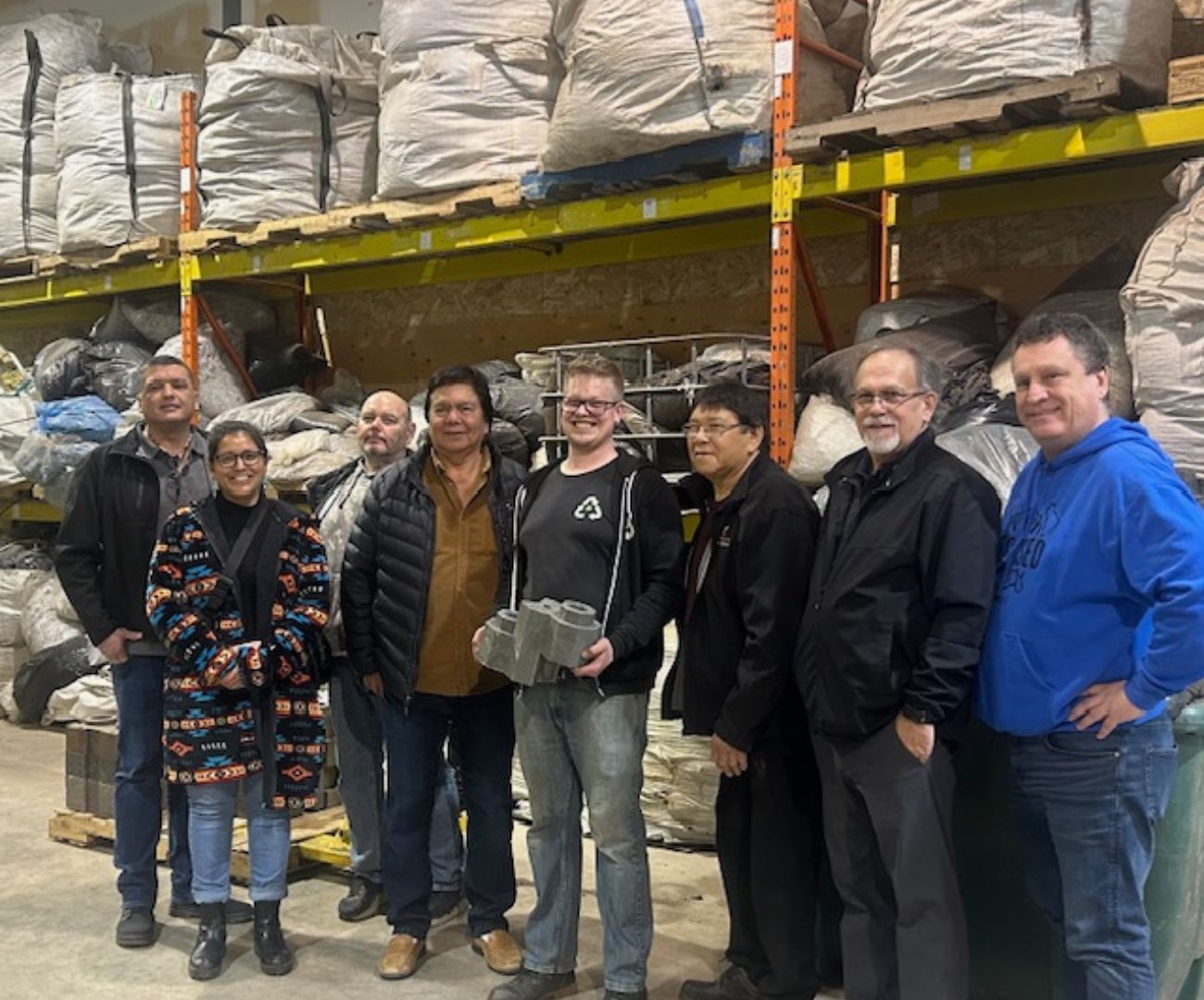
Economy Building – Mawi-ulmimaju’aqan Etlitasig
This department will work with proponents and different levels of government to identify opportunities related to procurement, green energy solutions, and business development on lands that will lead to economic growth without sacrificing or compromising Aboriginal and Treaty Rights.
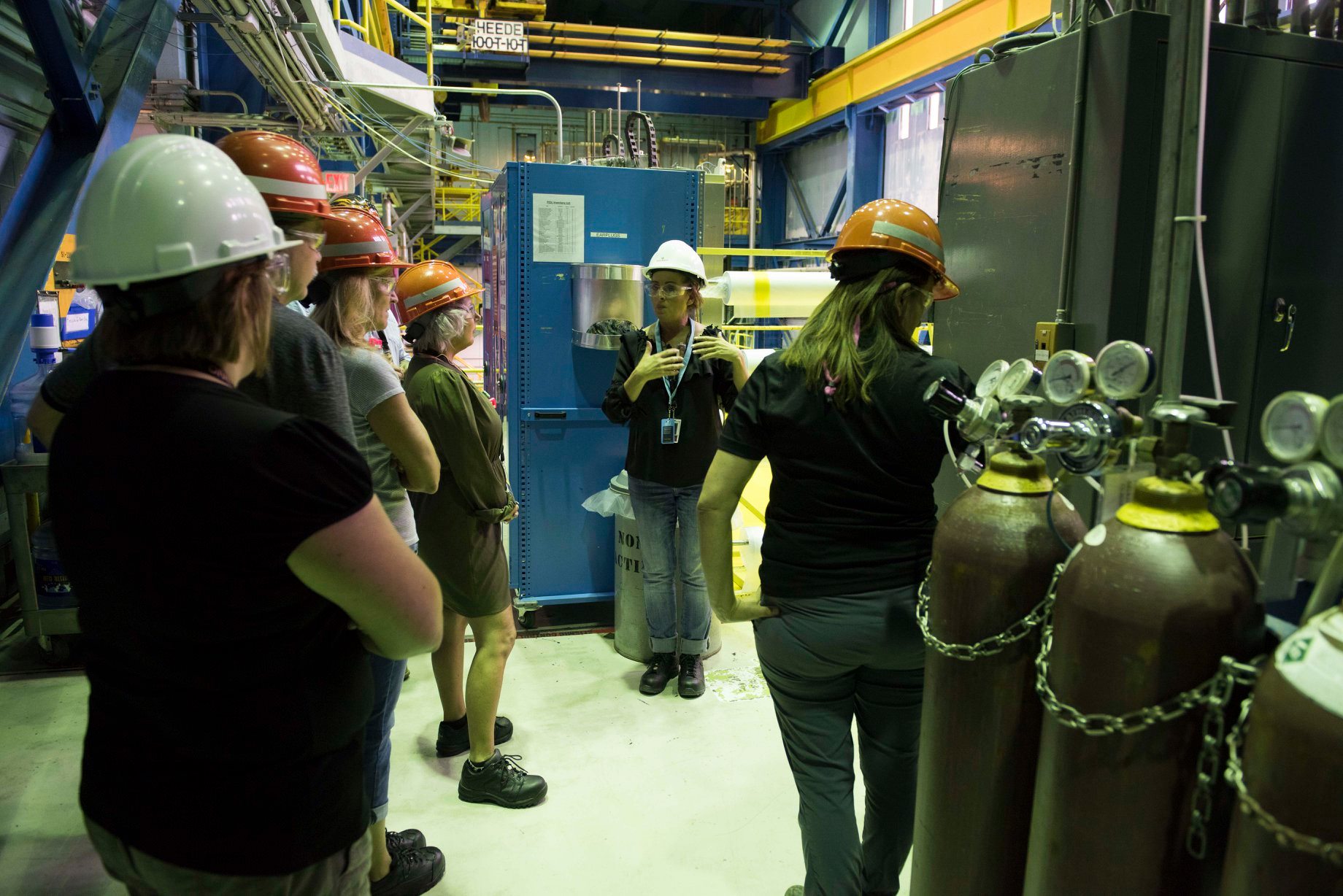
Energy and Mines – Mlgigno’ti aq We’gati’l Epsetgunig
The main goal of the Energy and Mines department is to prevent adverse effects on our use, occupancy, and management of the land and waters in Mi’gmaq’i that could result from proposed energy and mining projects. This is accomplished by meetings with proponents, governments, and their agencies to ensure consultation principles are respected and information is shared with communities.
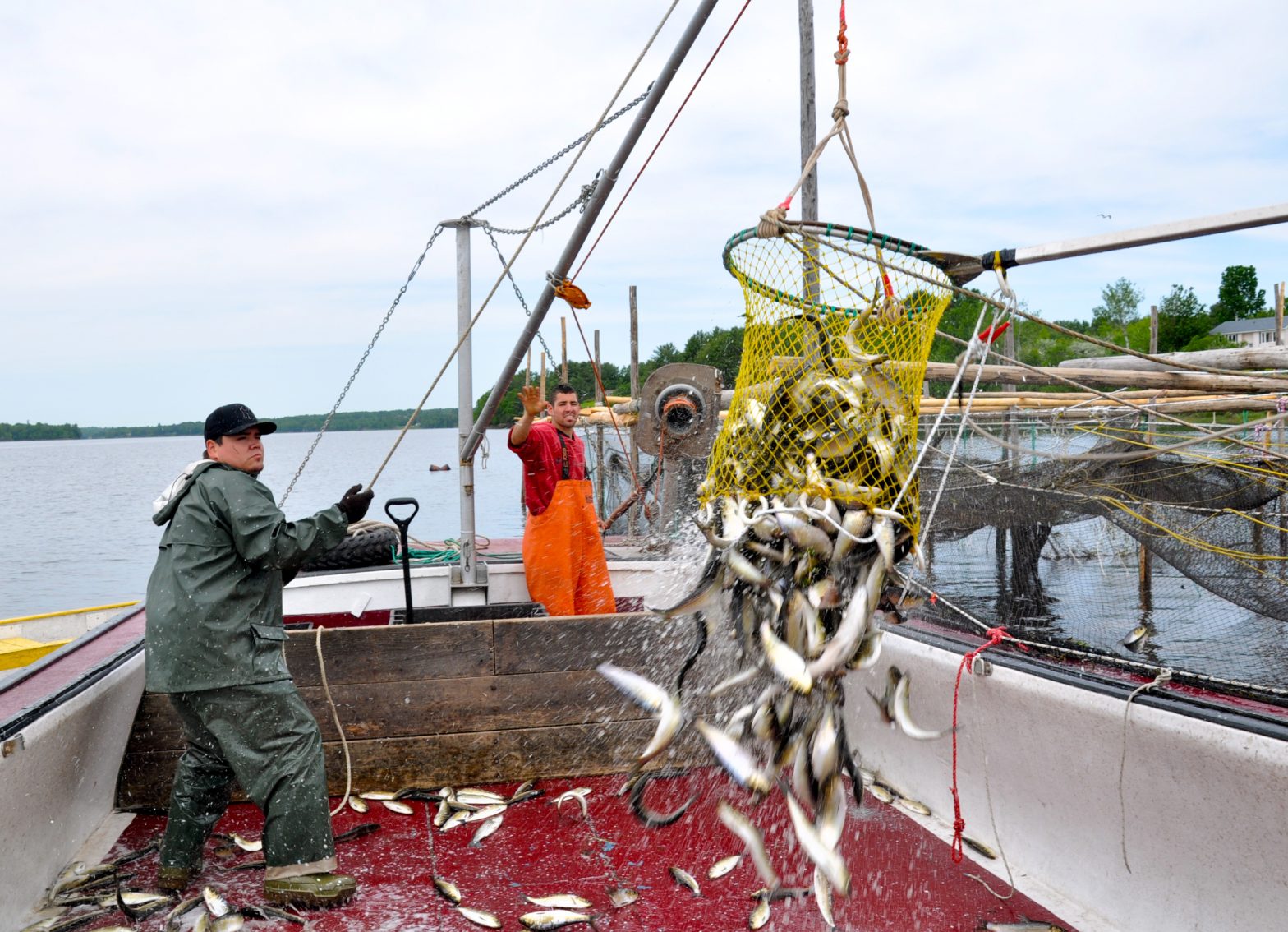
Fisheries – Nme’jugemgewey
The primary goal of the Fisheries Department is to develop a structure for a Mi’gmaq rights-based fishery that will be governed according to Mi’gmaq laws, principles, and values. This structure will be based on input from Mi’gmaq fishers and community members through summits, meetings, and community consultation sessions.
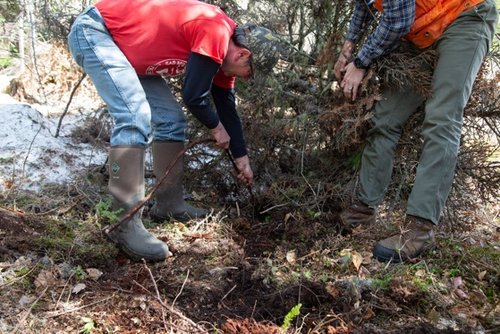
Forestry – Nipugtugewey
The Forestry and Natural Resources Department is the primary contact for government and industry on projects, activities, and issues on Crown Lands in New Brunswick. The Department primarily deals with the potential impacts of forestry, leasing on Crown lands, and blueberry and peat bog development.

Impact Assessment – Ta’n telapetg Awtu’gwemge’we’
The Impact Assessment Team coordinates, disperses, and reviews materials to help determine the impact of a proposed project on the lands and waters in Mi’gmaq territory. The department will lead discussions with the relevant departments to collect, research, and summarize that information and make recommendations based on input from Chiefs and communities. This process is outlined in the Mi’gmaq Rights Impact Assessment (“MRIA”).

Indigenous Knowledge – Ilnuey Gina’masuti Epsetgunigl
The Indigenous Knowledge (IK) Department’s purpose is to continue to research and apply the experiences and observations of Elders and knowledge keepers, especially around historical and present land use and occupancy of the Mi’gmaq within New Brunswick. The IK Department can often be found meeting community members on activities taking place on the lands and waters within this province.
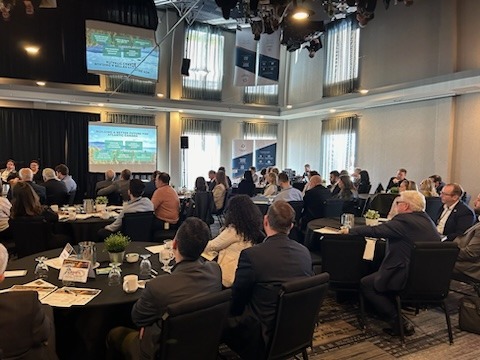
Intergovernmental Affairs and Communication – G’pnno’lewey Mtmo’tagan aq agnutmaqan
The main goal of the Intergovernmental Affairs and Communications Department is to support and advance project and policy-specific files for the Mi’gmaq Nation in New Brunswick. This department is responsible for preparing speaking notes, letters, presentations, print material, media releases, talking points for our Chiefs and other members of the organization. We focus on improving materials to engage and communicate MTI’s efforts and initiatives to our community members.

Trilateral – Ne’sisgl Epsetgunigl (Wesgo’tasig Ilagnutmaqan)
The Trilateral team is the group that leads these discussions. The team uses a joint approach known as the ‘Rights. Implementation Approach’ developed by the Mi’gmaq to implement the Peace and Friendship Treaties based on implementing what already exists in the Treaties. The approach is based on implementing what already exists in the Treaties.
